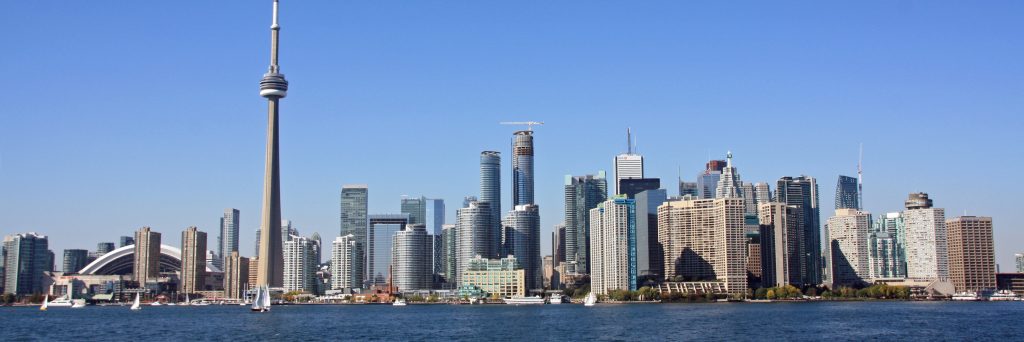Canadian Business Schools Struggle in Latest Financial Times MBA Rankings

The newest batch of rankings from the Financial Times has been revealed, and the results aren’t very encouraging if you’re a Canadian business school. In fact, only three schools out of Canada’s 22 Association to Advance Collegiate Schools of Business (AACSB) accredited schools made the 2017 ranking of the world’s best full-time MBA programs.According to the list, the high-ranking Canadian business school to place in the Top 100 was University of Toronto’s Rotman School of Management at 65th place, dropping down five spots from the previous year. It was followed by Western University’s Ivey Business School at 94th (88th last year) and the Smith School of Business at Queen’s University, which placed 100th (93rd last year).
Despite the sad showing in the rankings, Michael Wiemer, AACSB’s senior vice president and chief officer of the Americas, told Yahoo Finance that there is nothing to fear.
“Looking at the rankings is like looking at the market with one eye closed, it doesn’t give you a full dimensional picture of what business schools are doing. You think about all the things a school does–from its mission to its vision, to the quality of its faculty, the caliber of its research, the industries it interfaces, the communities it touches, et cetera … all of those elements of quality end up getting simmered down to a single digit that really doesn’t give the full perspective.”
Robert Kennedy, Dean of Ivey Business School, echoed Wiemer’s sentiments, telling Yahoo Finance that the Financial Times rankings “put a very high value on things Canadian schools are not very good at.”
One of the main factors keeping Canadian business schools out of the top of the rankings is the average income three years after graduation and salary increase compared to their pre-MBA salary. These factor into a large percentage of the overall Financial Times rankings, each weighting at 20 per cent for a total of 40 percent.
According to Financial Times, the average weighted salary at Rotman is $101,270 per year, with Ivey graduates earning $99,142 and Smith grads pulling in $93,102. These figures are somewhat small amount compared to Stanford Graduate School of Business at $195,322 and University of Pennsylvania’s Wharton School at $181,634 per year.
Nationality of the students and international reach of the MBA program are also factors taken into consideration by Financial Times, both of which Canadian schools placed poorly in. According to Canadian news site The Globe and Mail, following the economic crisis of the late 2000s, applications from Canadian students were in decline and competition for the smaller pool of prospective MBAs with hundreds of other schools across the continent increased.
As a reaction to this, Kennedy sharply cut the size of the full-time master of business administration program and hasn’t increased the number of spots for students from around the world.
“I could easily enroll 300 students if I was willing to have half of my class be from China or India,” Kennedy said. “Ivey has very consciously said we think we know what the optimal mix is and we’re going to keep the bar very high. Even if it means a smaller class, that’s fine, because we think quality is more important than quantity. Other schools have made different decisions.”
He added in his interview to Yahoo Finance:
“In Canada there’s a paradox–we have a lot of international students, but many are now classified as Canadians,” pointing out that many were born elsewhere but are Canadian citizens or permanent residents.
While Canadian schools struggled in the Financial Times rankings, other schools non-American business schools and MBA programs flourished. Five out of the top ten schools were in countries other than the United States. INSEAD, which has campuses in Fontainebleau, France, Abu Dhabi, UAE and Singapore, ranked first. The University of Cambridge and London Business School came in ranked fifth and sixth, while Spain’s IE Business School and Iese Business School came in ranked eighth and tenth.
Kennedy did admit to Yahoo Finance that Canadian business schools do have a tendency to compete among themselves, saying that in order to really stand out in the international MBA market, “We need to measure ourselves against the global best, we need to market our programs globally, we need to bring in students from all over the world. It’s not enough to find an Indian kid who went to high school in Toronto, that’s not (international) diversity.”
